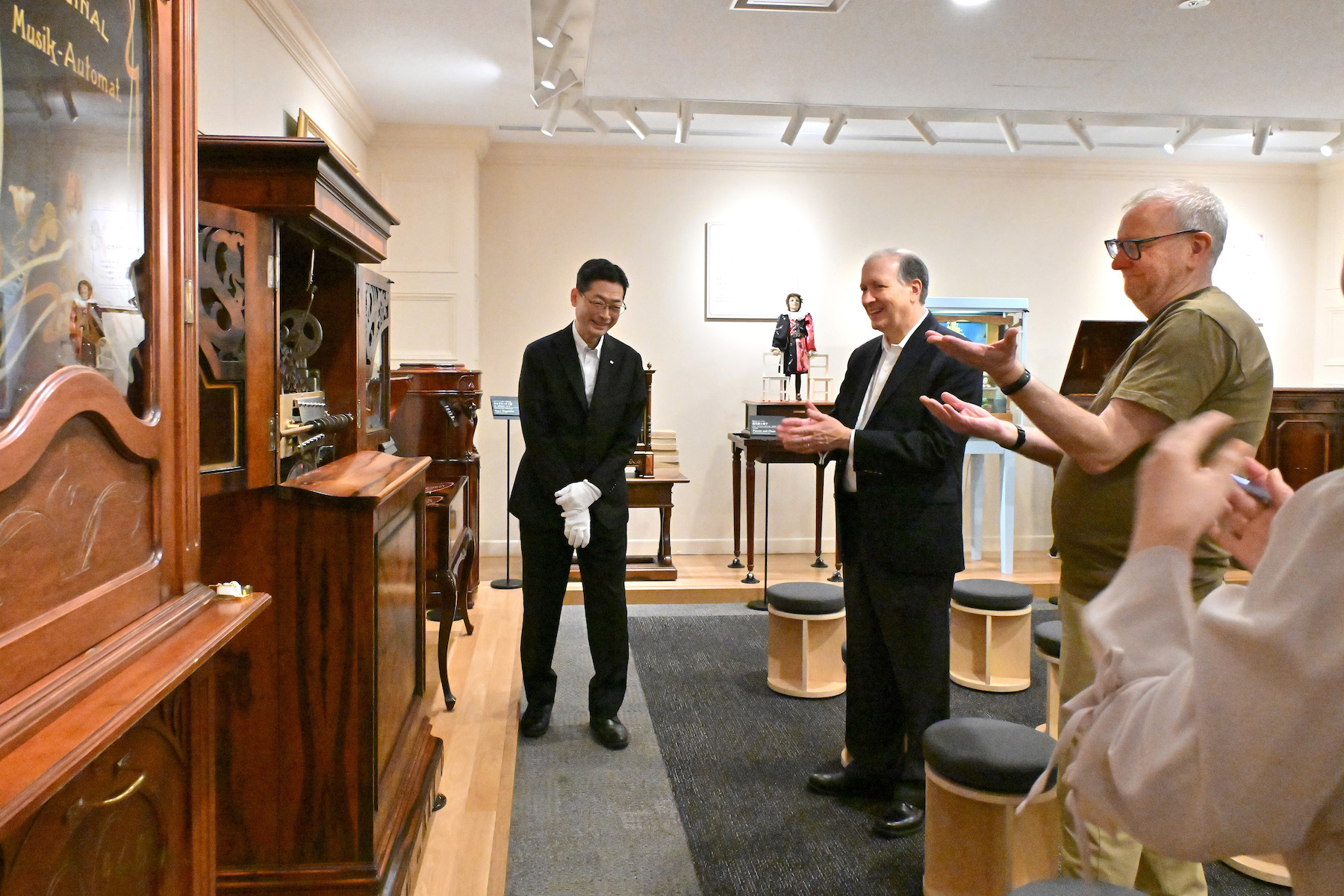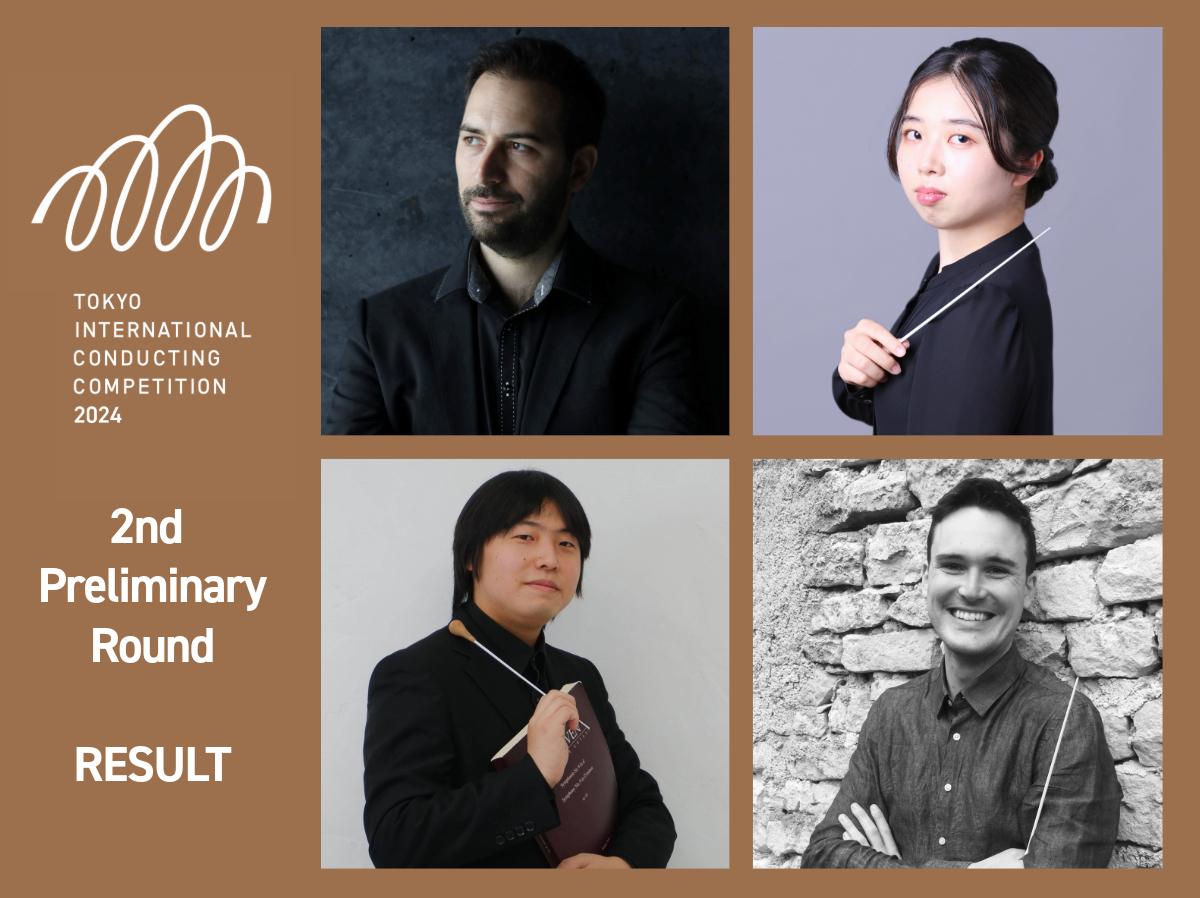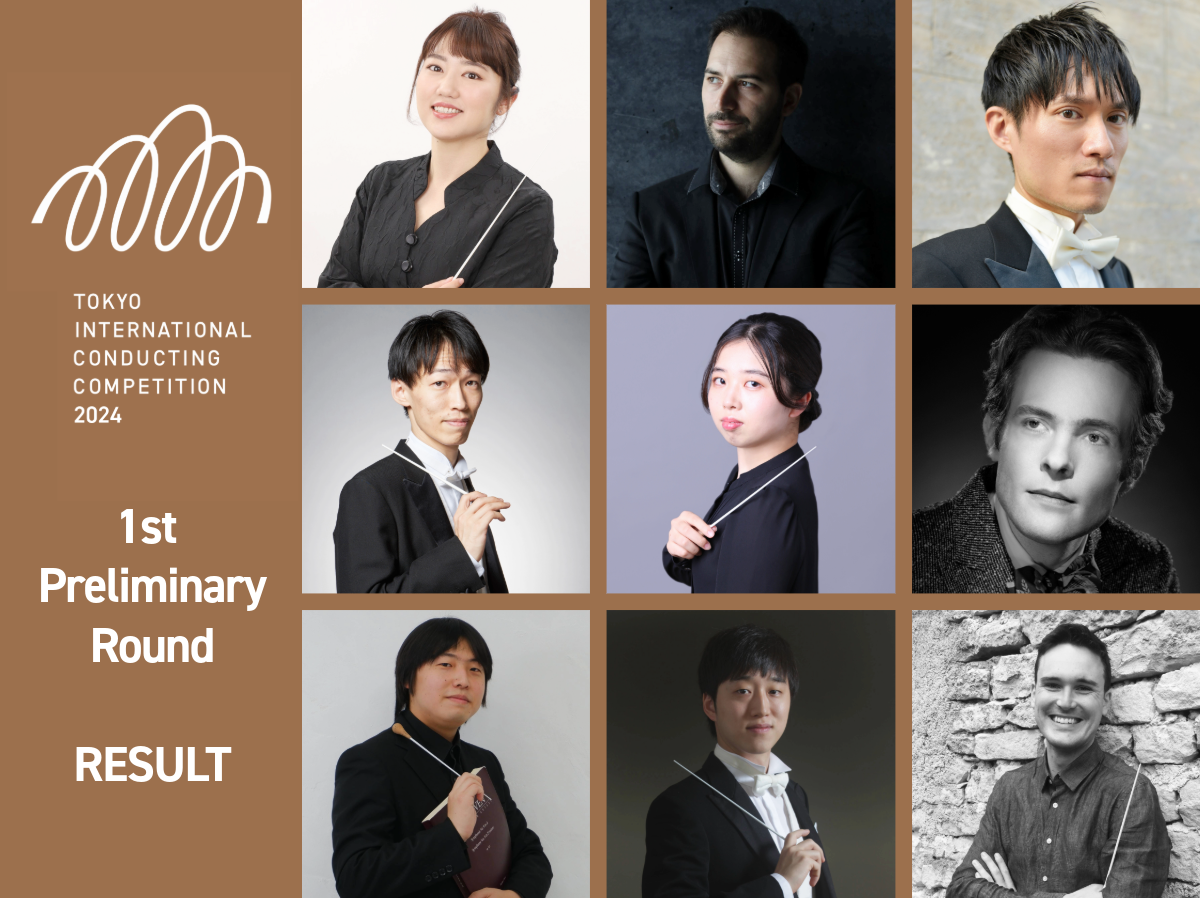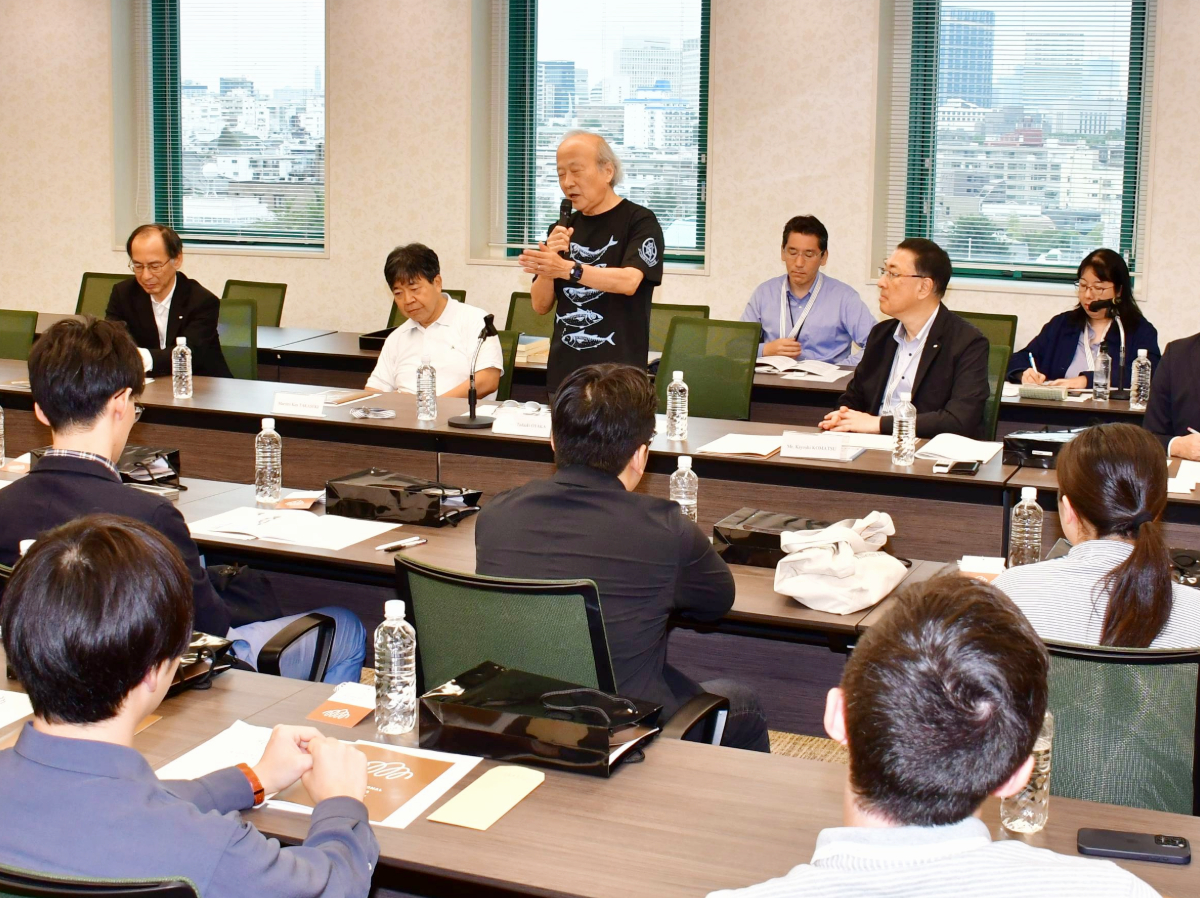-1024x684.jpg)
The Tokyo International Music Competition for Conducting was launched to discover and foster talented conductors domestically and abroad. The Min-On sponsored competition, held every three years will mark its 19th time this fall. Conducting was added to the Min-On International Music Competition in 1967. Only four years after the Min-On was established, the competition was launched upholding five slogans such as “a new movement for peoples’ music, the promotion of music education, the fostering of musicians and dissemination of their music.” The competition for conducting is the first of its kind not only in Japan but in Asia.
In spite of having to tackle with challenging issues such as the judging method and participation rules and regulations, the first Chairman of the Panel of Judges, Mr. Hideo Saito, Japan’s maestro of conducting and education in conducting, took on these challenges. Owing to his dedication and passion to foster young talented conductors, after the first competition, applicants to the competition have increased year after year, many of whom are now renowned conductors in Japan and abroad.
)-1024x683.jpg)
Kentaro Kawase, who came in 2nd in the 14th competition is now a permanent conductor of the Kanagawa Philharmonic Orchestra and the principal conductor of the Nagoya Philharmonic Orchestra. Reminiscing the day he won the 2nd prize, Kawase says, “if one is aiming to become a conductor, there is no doubt that they should take part in the Min-On Music Competition for Conducting. The video screening process is not any easy one. I was one of the 220 to 230 applicants and it’s really a miracle that I was accepted.”
The major characteristic of the competition is that the applicants who have passed the document and video screening process before they are finally selected are given the opportunity to conduct a professional orchestra. By the time they succeed in the preliminary rounds and go on to the finals, they would have already conducted several professional orchestras. This way, they are able to gain much experience in conducting full-scale orchestras.
)-1024x683.jpg)
Unlike musicians who play the violin or the flute where they can rehearse alone, conductors can only upgrade their skills by conducting an orchestra. Getting a smaller orchestra is difficult enough and more difficult it is to get together a full-scale orchestra by yourself to rehearse.
Kawase continues, “conducting an orchestra with many musicians puts not only your skill at the test but how you are as a human being. You can only find out whether you have improved or not only when you stand on the conductors’ podium. In that sense, whether you win the Grand Prize or not, the Min-On competition provides you with the experience of conducting full-fledged orchestras. So, for those whose goal is to become a conductor, taking part in the Min-On competition is truly an asset.
-679x1024.jpg)
There are many competitions now, that due to lack of funds are facing the risk of continuing to exist. Says Kawase, “the Min-On’s competition has been going on for 50 years. The reason for this, I feel, is that it not only has been held regularly but has improved on it each time. The 19th competition will be held this fall and I already feel envious of the winners who will be able to conduct such noted orchestras as the NHK Symphony Orchestra and the MAV Symphony Orchestra Budapest.”
)-681x1024.jpg)
Applications to the 19th competition was closed in May and the screening of documents and video is concluded. The First Preliminary Round, which begins in September, is just around the corner.
Says Kawase, “no one can predict when the pandemic will be over. However, it is precisely because of the ongoing pandemic that the competition is a shining hope for youth who dream to become conductors one day. I, too, will continue to share my music with people.”
Kawase shares his thoughts about winning the 2nd place in the 14th competition whose judges were prominent musicians in their own right, “abroad, only conductors would serve as judges but in the Min-On competition, judges include concert masters, producers and specialists from different arenas besides conductors. That is what I think makes Min-On’s competition outstanding.”
☆-1024x682.jpeg)


-1080x675.jpg)




